What is Cannabis Dependence?
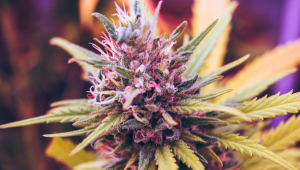
- 1. The human body doesn’t crave for cannabis
- 2. What is cannabis dependence?
- 3. Who can develop cannabis dependence?
- 4. How to avoid cannabis dependence?
When it comes to cannabis, everyone is quick to point out how it’s addictive. Due to this reason, there are quite a few myths surrounding cannabis. And, addiction is one of them. Most people simply assume that cannabis can make them addicted to it. They also believe that it’s fatal and is much more dangerous compared to tobacco and alcohol. Of course, these are just simply myths and the truth is different.
However, it’s also wrong to believe that marijuana is absolutely harmless. Cannabis dependence of addiction is a reality. Yes, there are no reports of anyone dying from cannabis, but that doesn’t mean that you can abuse it. Let’s talk about medicines, for instance. What happens if you abuse medicine too many times? Your body rejects it. And you’ll see side effects too. It’s the same even with harmless substances like water. Drink too much, and you’ll pay the price.
And, cannabis is no exception. A few joints a week or once a day will be okay for you. For others, even that’s too much. Raise the bar a little higher and smoke a few joints a day, and you’ll soon face cannabis dependence if you continue the same ritual. Remember that this is for those that abuse it. But, what’s the issue if you enjoy cannabis occasionally? What is meant by cannabis dependence?
Let’s get to the facts.
The human body doesn’t crave for cannabis
If you smoke cigarettes, you’ll know what it means when the body actually craves nicotine. Nicotine, although harmless, can be addictive. It’s the tobacco that’s evil. But, your body craves nicotine, and that’s exactly why you light a cigarette every time.
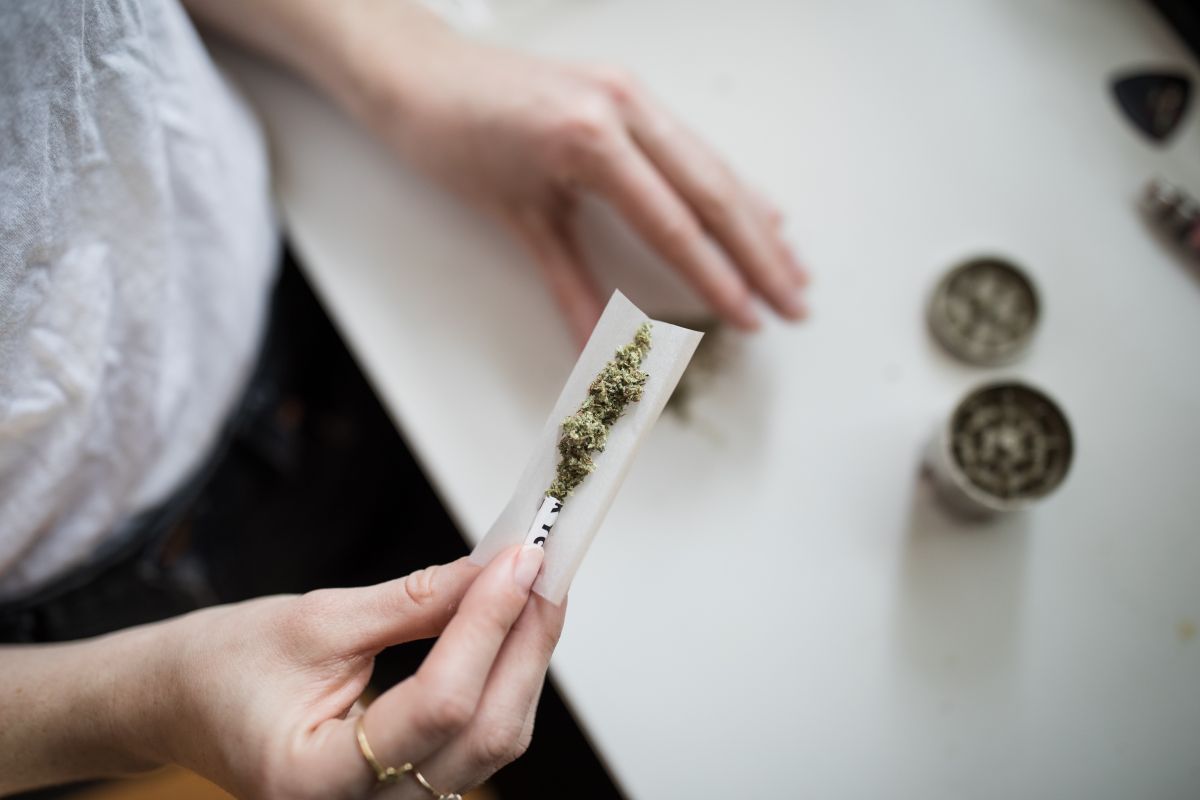
Unlike cigarettes, our body doesn’t yearn for cannabis. The cannabinoids produced by cannabis are already present naturally in our bodies. For example, anandamide – an endocannabinoid produced in the brain – is very similar to THC produced by cannabis.
However, cannabis can make you dependent in a different way. It may not be physical but it could be psychological. More like a habit. The high you get by smoking cannabis and the way you relax can make you go back to it even when your body isn’t asking for it. According to research, about 67.5% get addicted to nicotine while 22.7% of users get addicted to alcohol. When it comes to hard drugs like cocaine 20.9% users can become victims while only 8.9% of users become cannabis dependent.
Again, this is not to say that cannabis is completely harmless because 8.9% of users actually get addicted whether it’s psychological or something else. It could be because they are bored, or find it relaxing to smoke a joint after a hard day. Whatever the case, the rate of addiction is not as bad as other substances that are commonly found.
What is cannabis dependence?
You probably got it by now, but it’s important to define the term cannabis dependence nevertheless. Even researchers find it hard to explain cannabis dependence because the addiction is not rampant or obvious like it is with other substances.
Basically, cannabis dependence is a state where you begin relying on marijuana. Whether you’re depending on it to relieve stress, treat a disease or some other complication, you are cannabis dependent if you cannot do without it for a few days.
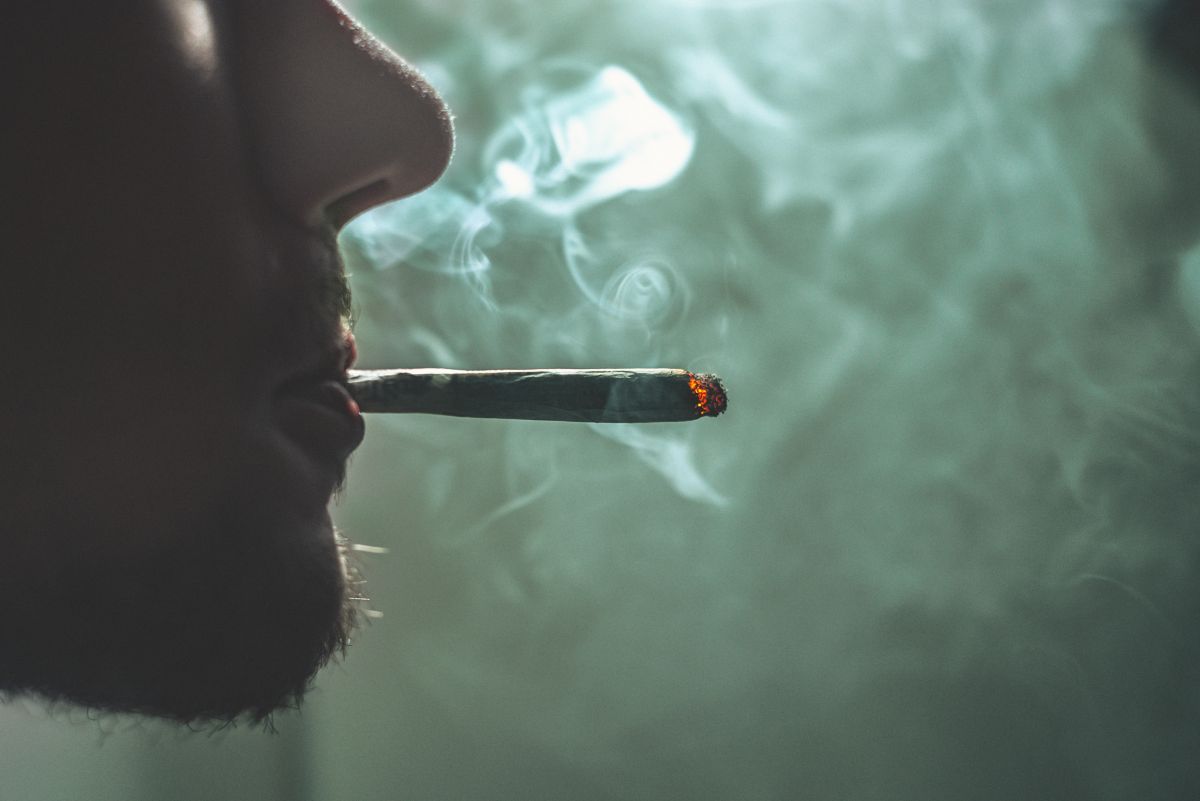
The good news is that quitting cannabis isn’t as hard as, say, quitting cigarettes. Or even alcohol for that matter. Even if you’ve made up your mind, your body craves for these substances until you give in. The withdrawal symptoms are agonizing and you’ll find yourself going back to it again and again.
With cannabis, however, the withdrawal symptoms aren’t physical. You might feel like something is amiss if you don’t smoke it, but you’ll certainly never feel the physical symptoms the body goes through when you try to quit tobacco or alcohol.
So, cannabis dependence is more a psychological problem than a physical one.
Who can develop cannabis dependence?
There are different types of cannabis users. Some use it for recreational purposes while others use it as medicine. Most medicinal users rely on buds rich in CBD, so they don’t count. That's because CBD doesn’t produce a psychological high like THC. And the chances of becoming addicted are less.
Some medicinal users also use THC-rich buds or even dab concentrates like rosin or shatter so that the THC enters their system quickly, but since they do it under supervision and don’t pursue the habit every day, they do not get addicted.
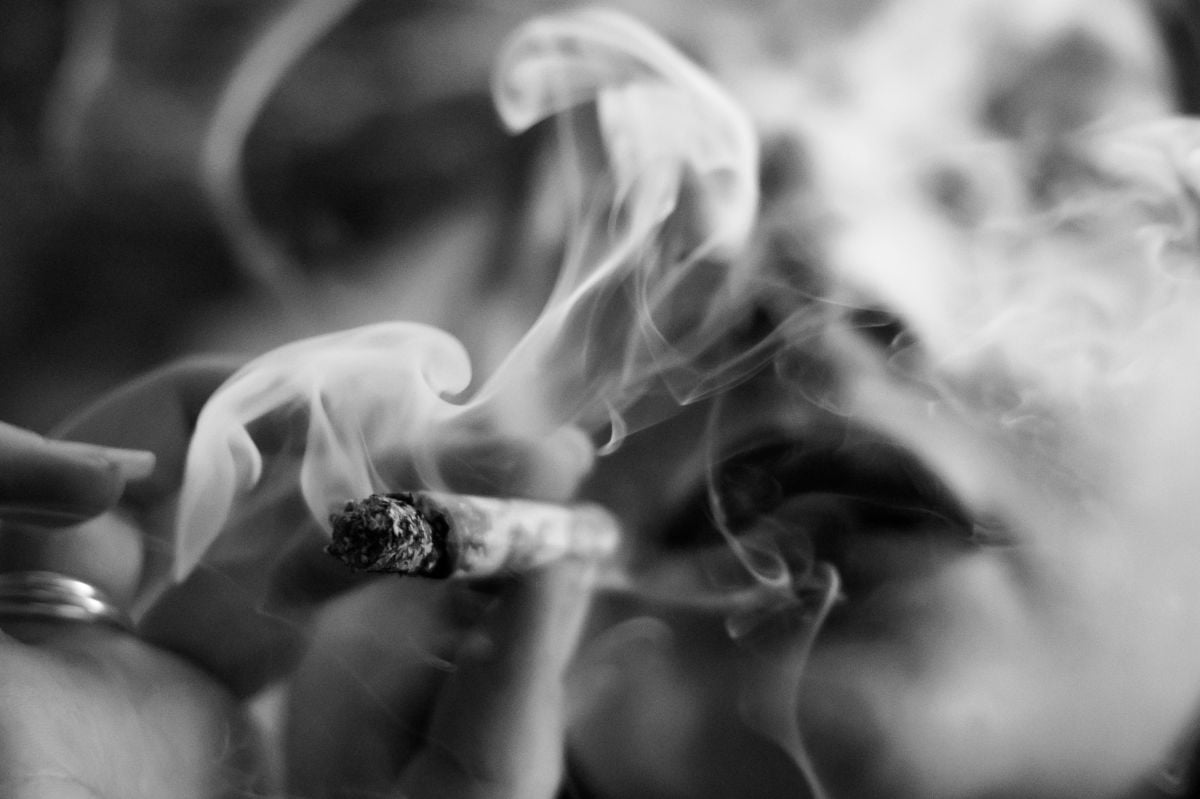
Then you have some users that smoke occasionally at parties. They smoke perhaps once a week or once a month and don’t have the risk of getting addicted to the high. But, some users tend to abuse it. Even if you enjoy micro-dosing and use small amounts of marijuana (less than a gram) a day, you’re going to be fine. However, if you choose to smoke a pot every couple of hours, you’re certainly looking for trouble.
If you abuse cannabis, it may take several years (sometimes even 10 years) to get completely addicted, but the dependence will start showing up sooner or later. According to studies, those that seek help for cannabis dependence are under 25 years. It’s probably because they began smoking at an early age when their brains weren’t developed completely or it’s due to the other habits that cause dependence. This means that you shouldn’t indulge in marijuana if you’re too young. Most users begin smoking when they are just 13 or 14 and that’s when the problem begins.
The study certainly notes that although cannabis dependence is a reality, it is definitely not as severe as the addiction you develop when you indulge in other substances including alcohol, cigarettes, or hard drugs like heroin and cocaine. Once a user becomes dependent on cannabis, he/she will continue to smoke marijuana due to a combination of several factors including environmental and emotional issues.
How to avoid cannabis dependence?
It makes sense to quit cigarettes but some people don’t find it appealing to quit marijuana because it offers a lot of medicinal benefits. Whether it’s a simple headache or chronic pain that refuses to fade away, cannabis actually helps with several issues. So, why on earth would you quit, right? Well, sure, cannabis makes you feel good and is truly amazing. But, if it gets to a point where you’re smoking every single day for several years and it feels impossible to survive without it, you’ve become dependent on cannabis.
To avoid this particular problem, stop indulging in cannabis before it becomes a serious addiction. In other words, take a tolerance break. Now, what is a tolerance break, you ask? Well, if you’ve continuously used marijuana for several years, it’s possible that your body is now tolerant to it. You will often use stronger strains or increase the amount you smoke.
Thus, take a break for at least 15 days. This way, the levels of THC in your body go down drastically. Plus, you’ll be able to enjoy cannabis a lot more than you used to earlier because your body is devoid of THC. Not only will it feel amazing but you’ll also prevent a dependence. You’ll cut the problem short much before it becomes a serious problem, and that’s a perfect way to deal with it!







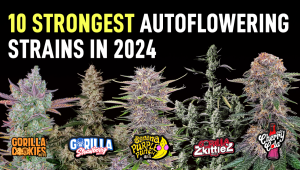


Comments